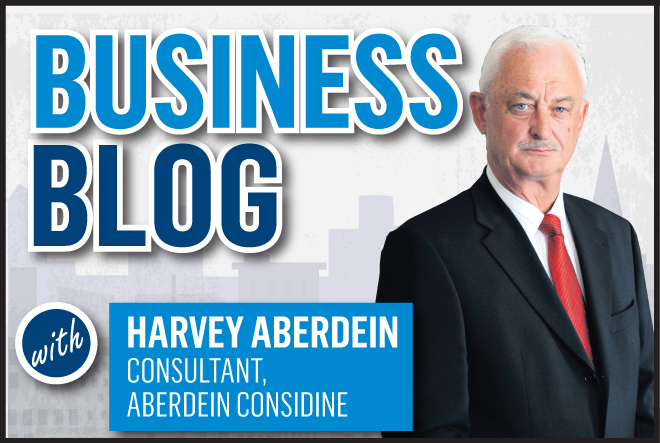People do business with people. This is – and always will be – one of the most important lessons that I ever received.
I recently read a quote which I believe underlines how powerful providing good, personal service can be. It went along the lines of people will forget what you said, people will forget what you did, but people will never forget how you made them feel.
Every business owner should take heed of these words as the fourth industrial revolution – our move to digital – takes shape.
And there have been a number of cautionary tales in recent weeks to back this up.
The first regarded comments made by one of Facebook’s earliest executives, who said the social network is “destroying how society works” and that he feels it leaves people feeling “vacant and empty”.
Chamath Palihapitiya, who joined the social media giant in 2007, accused it of programming its users and said he no longer uses the website or allows his children to access it.
“It literally is at a point now where I think we have created tools that are ripping apart the social fabric of how society works,” he said, adding “we are in a really bad state of affairs right now in my opinion, it is eroding the core foundations of how people behave by and between each other.”
However, what he went on to say is a fantastic summary of the impact people being chained to their mobile phones has had.
“People need to hard break from some of these tools and the things that you rely on, the short-term, dopamine-driven feedback loops that we created are destroying how society works, [there is] no civil discourse, no co-operation, [but] misinformation and mistruth,” he said.
“We curate our lives around this perceived sense of perfection because we get rewarded in these short term signals, hearts and likes and thumbs up.
“We conflate that with value and we conflate that with truth, and instead the reality is fake brittle popularity that’s short term and leaves you even more vacant and empty.”
What he means is that as our economy and lives become ever more digital, the lack of physical contact we have with other people will change our society. And with that, business.
Which leads me to the second story that made me think of the quote about people never forgetting the experience.
We have seen a number of banks looking at closing branches, with a focus on rural and edge of town services. Large financial institutions are making these changes because the way people access their services has changed and digital banking is now the norm.
However, there has been a backlash as many people still like to do their business in physical branches.
The business I co-founded was borne out of our desire to change the way lawyers did business with their clients.
Aberdein Considine’s recent expansion in Stirling underlines our commitment to the high street, where we now have a more diverse range of expertise on offer than ever before.
The way that people choose a professional adviser is changing, particularly in estate agency, where some people have been lured by a veil of low fixed fees.
Yet we truly believe that it is in the public’s best interest to deal with expert local professionals who can offer market knowledge together with strong digital marketing.
As we embrace technology and the way it can enhance all of our businesses, let’s not forget its potential to also do harm to the relationships which breed long-term partnerships.










